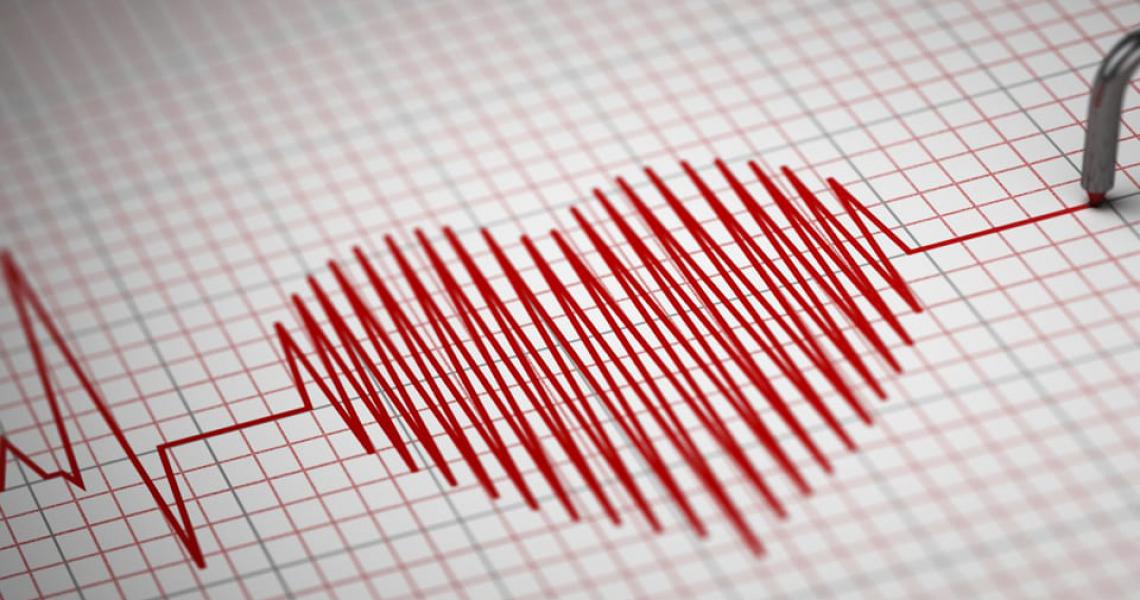Heart Health: What is a Heart Rhythm Disorder?

The heart is basically a pump, designed to circulate blood throughout the body. It pumps because it squeezes and it squeezes in response to an electrical impulse. So, electricity is important in the heart.
Heart rhythm disorders occur when abnormal electrical activity causes your heart to beat too fast, too slow, or irregularly. Heart rhythm disorders are quite common, affecting tens of millions of people nationwide. In many cases, they are not serious, with occasional irregular heartbeats that may produce a fluttering feeling called palpitations. However, some heart rhythm disorders can be severe and possibly life-threatening.
Electrophysiologists
Heart doctors (cardiologists) come in two flavors: plumbers and electricians. Electrophysiologists (the electricians) treat heart rhythm disorders.
Slow heart beats
If the heart beats too slowly then the blood pressure is inadequate to support the body’s needs. The result can be feeling tired, decreased exercise tolerance, light headedness or passing out. In the worst case, the heart doesn’t beat at all. So, what do we do? Who needs treatment? How do you know?
There are only two ways to treat slow heart rhythms: 1) stop medications that might be slowing the heart or 2) implant a pacemaker. View our video about cardiac pacemakers by Dr. Daniel Lustgarten of the UVM Medical Center.
First of all, there isn’t a heart rate that means that you need treatment. Unfortunately many people believe that normal heart rates are from 60-100 beats per minute. By extension many people fear that if the heart rate is lower than this a pacemaker is required. This is not necessarily true.
There are two reasons why a pacemaker might need to be implanted… symptoms or risk
By this I mean that if you have a slow heart beat and it makes you feel badly (for example light headed), then you may need a pacemaker. If you don’t feel it that means that it’s beating fast enough (no matter what the pulse rate is). There are times when people may require a pacemaker even if they don’t have symptoms. Under certain circumstances you may be at risk for really slow and dangerous heart beats even if you don’t currently have a slow rate or have symptoms. This is like those cartoons in which there is a piano hanging over your head …you don’t have any symptoms but you are in danger. This is something that you would not be able sense directly…your doctor would recognize the problem by looking at your EKG.
Fast heart beats
There are many different types of fast heart rhythms. Some are simply a nuisance, causing mild palpitations (the feeling of your heart beating in your chest) but no danger or problematic symptoms. Other fast heart rhythms can be more troublesome, causing frequent or more severe symptoms (lightheadedness, passing out, fatigue, shortness of breath or even sudden cardiac death). Treatments range from medications, to catheter based procedures (cardiac ablation) to implantation of a defibrillator.
Uncoordinated heart beats
A new and exciting area of heart rhythm disorder treatments involves resynchronizing the heart’s electrical activity. In some patients the electrical activity of the right and left pumping chambers becomes uncoordinated. The result is inefficient squeezing; some blood “sloshes” back and forth rather than being pumped out of the heart. By restoring coordination between the right and left chambers heart function and heart failure symptoms can be improved. A type of device called a biventricular pacemaker (or defibrillator) is used to place pacing wires in the right and the left chambers of the heart.
Finally, here at the UVM Medical Center we are pioneering a procedure called direct His bundle pacing. This is a novel approach in which the heart’s own conduction system is paced directly, restoring coordination between the chambers in a normal physiologic way using only a single pacing wire.
Peter Spector, MD, is the Director of Cardiac Electrophysiology & Cardiac Electrophysiology Laboratory at the UVM Medical Center. His areas of expertise include atrial fibrillation, cardiac electrophysiology and heart rhythm disorders. To learn more about Dr. Spector’s research you can watch his lecture “Creating Order out of Chaos: New Research on Treating Atrial Fibrillation”.






